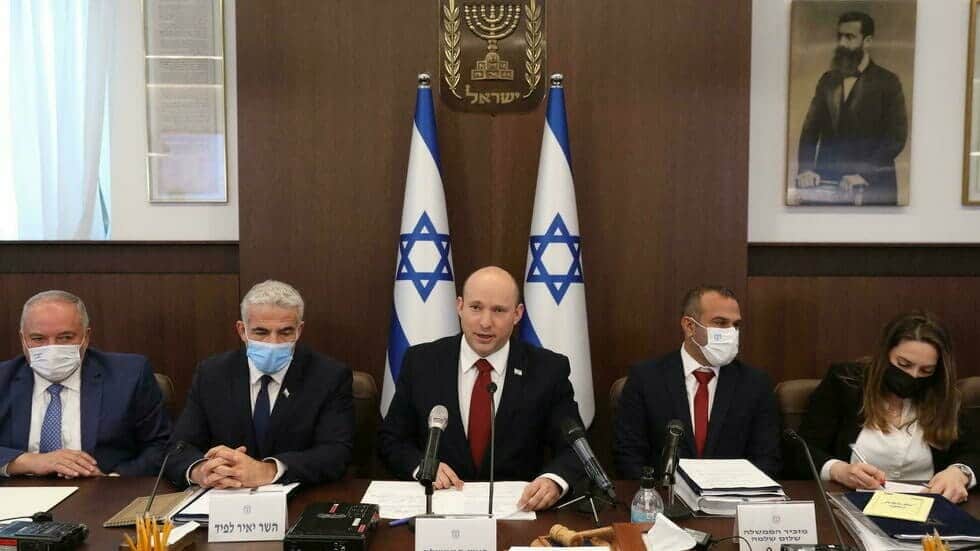-
A protracted political crisis under former prime minister Benjamin Netanyahu generated political instability that prevented the passing of a state budget
-
The budget must be approved by the Knesset, or parliament, by November 4, and garner at least 61 votes in a key test for the coalition government
The Israeli government on Monday agreed on a state budget for the first time in three years after a political crisis that saw four general elections.
The budget must be approved by the Knesset, or parliament, by November 4, and garner at least 61 votes in a key test for the coalition government.
“Israel has a budget” for the years 2021 and 2022, Prime Minister Naftali Bennett said after a night-long voting session which ending early Monday.
“After three years of stalemate, Israel is returning to work,” he added.
A protracted political crisis under former prime minister Benjamin Netanyahu generated political instability that saw four general elections in two years, and prevented the passing of a state budget.
Israel’s new government is a union led by religious nationalist Bennett, who allied with centrist Yair Lapid to form an ideologically disparate eight-party bloc.
The coalition which includes leftists and Arab Islamic conservatives ended ended 12 years of Netanyahu’s uninterrupted rule.
Failure by parliament to approve the budget will result in the Bennett government collapse and new elections.
According to the finance ministry, the budget for 2021 will be 432.5 billion shekels ($134 billion, 113 billion euros), while 452.5 billion shekels ($140 billion, 118 billion euros) are allocated for 2022.
Finance Minister Avigdor Lieberman said the focus of the reforms in the budget was “lowering the cost of living”.
“We have invested vast sums in infrastructure, transportation and real estate and passed significant reforms that will lower barriers and reduce the bureaucracy, which will make things easier for everyone in our daily management, business or private,” he said in a statement.








